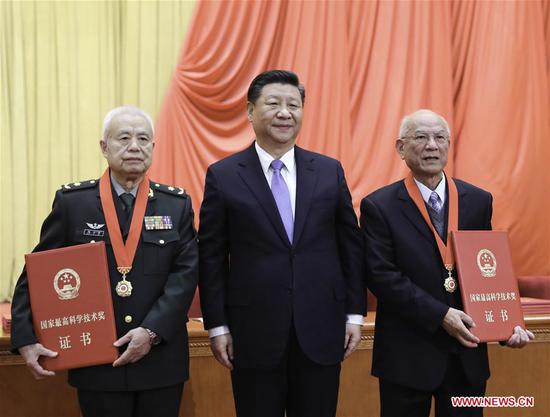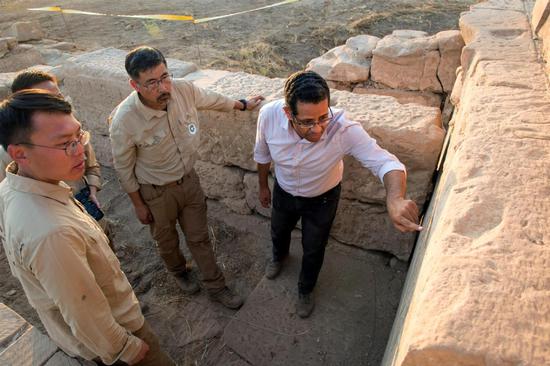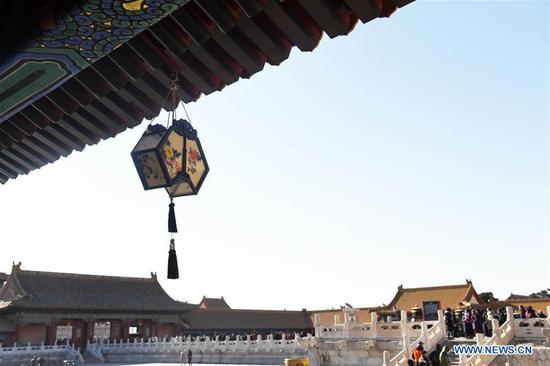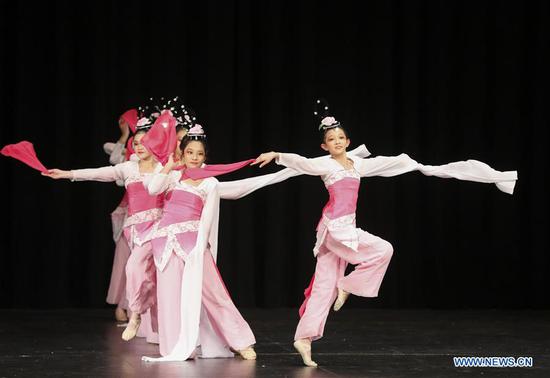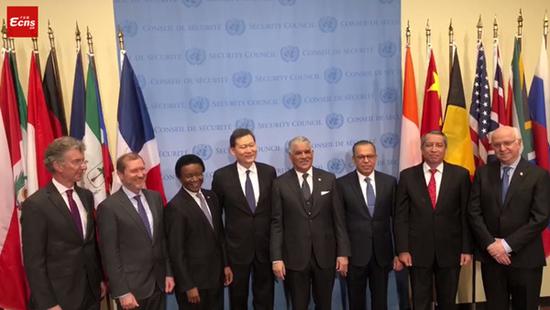The populations of megacities such as Beijing and Shanghai have begun to move into new first-tier cities such as Chengdu and Xi'an, a phenomenon that indicates a significant change in China's population distribution toward a more balanced development among regions.
The permanent population of Beijing was 21.707 million in 2017, which is 22,000 fewer than the end of 2016, a decrease for the first time in over 20 years, according to a blue book jointly released by the Beijing Population Research Institute and Social Sciences Academic Press in December 2018.
Shanghai's population dropped by 13,700 in 2017, the Xinhua News Agency reported on Monday.
However, new first-tier cities such as Zhengzhou in Central China's Henan Province, Hangzhou in East China's Zhejiang Province and Xi'an in Northwest China's Shaanxi Province will welcome a population influx, and their permanent populations approach 10 million each.
The report on migrant population by the National Health Commission of China in December 2018 shows that the labor force has started to move to central and western regions from eastern China.
"The living expense and consumption levels of traditional metropolises such as Beijing and Shanghai are too high, especially their housing prices, so many younger workers turn to other cities," Ma Li, former head of the Beijing-based China Population and Development Research Center, told the Global Times on Tuesday.
Ma said that new first-tier cities like Hangzhou and Xi'an have become China's economic growth poles, relying on advanced technology and leading local enterprises. "For example, many internet start-ups have developed in Hangzhou and Zhengzhou is the transportation hub of Central China," he said.
He pointed out that lower living costs and rising income are major reasons for the influx of younger workers.
MyCOS, an educational counseling company based in Beijing, published a report in June 2018, saying that the proportion of graduates whose first jobs are in rising cities was 37 percent, higher than the 31 percent who chose traditional metropolises, such as Beijing and Shanghai.
New first-tier cities also hammered out various preferential policies to attract young talent. The Chengdu government issued "12 New Talent Policies" in four areas in July 2017. For example, international talent who have won awards like Nobel Prize and choose to settle in Chengdu would receive a fund of up to 100 million yuan ($14.59 million), according to a Chengdu action plan.










